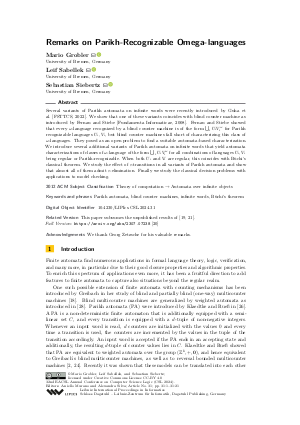LIPIcs.CSL.2024.31.pdf
- Filesize: 0.76 MB
- 21 pages

 Creative Commons Attribution 4.0 International license
Creative Commons Attribution 4.0 International license



























Feedback for Dagstuhl Publishing